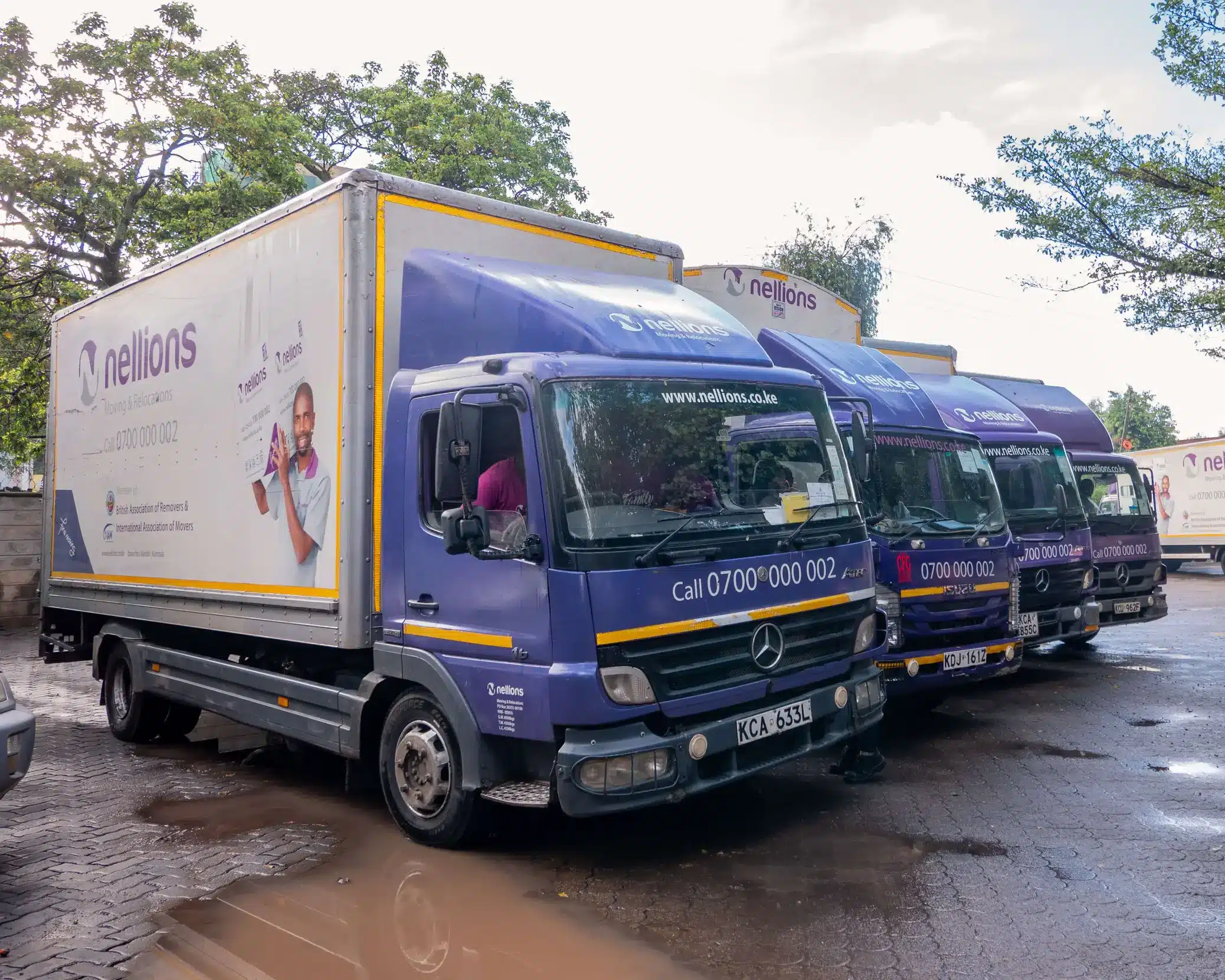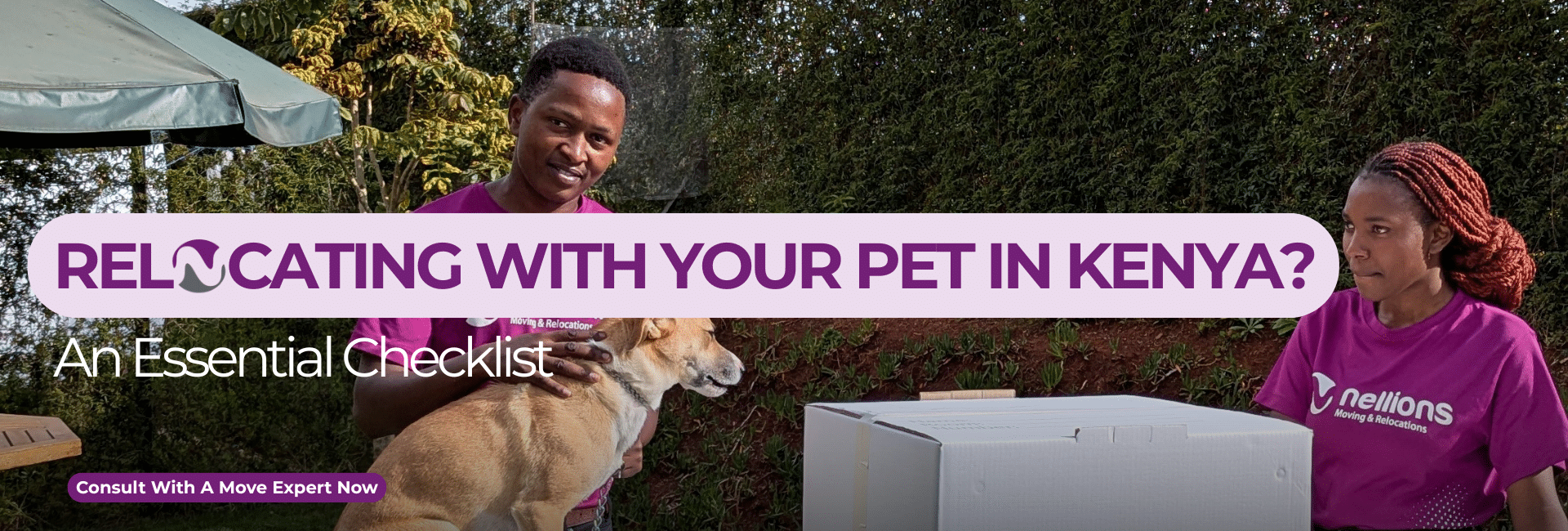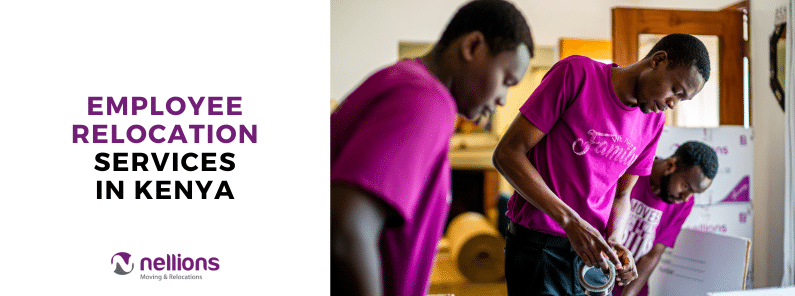Relocating from New York to Nairobi
Relocating from New York, a bustling metropolis known for its skyscrapers, cultural diversity, and fast-paced lifestyle, to Nairobi, a dynamic African city with a unique blend of urban sophistication and natural beauty, presents an exciting adventure. Both cities, though continents apart, share vibrant multicultural environments and serve as key hubs in their respective regions.
Fun Facts About New York and Nairobi
New York is famously known as “The Big Apple” and is home to iconic landmarks such as the Statue of Liberty, Central Park, and Times Square. It’s a city that never sleeps, offering endless entertainment, dining, and cultural experiences.
Nairobi, Kenya’s capital city, is unique for its Nairobi National Park, where you can witness wildlife like lions and giraffes against the city skyline. Nairobi is one of the four major UN headquarters globally and the global headquarters for two significant UN programs, UNEP and UN-HABITAT. It’s a major hub for international organizations and is rapidly becoming a center for tech innovation in Africa.
Similarities and Differences between New York and Nairobi
Both New York and Nairobi are melting pots of cultures, attracting people from all over the world for business, diplomacy, and tourism.
While New York is a global financial powerhouse, Nairobi is the gateway to East Africa, playing a crucial role in regional trade, diplomacy, and technology.
New York’s dense urban environment contrasts with Nairobi’s balance of urban and natural spaces, offering a different yet enriching living experience.
The Significance of New York and Nairobi to Global Diplomacy and Commerce
New York City
As a global financial and cultural hub, New York is home to the United Nations headquarters, Wall Street, and numerous multinational corporations. It plays a pivotal role in global finance, diplomacy, and culture.
The city’s influence extends beyond its borders, impacting international policy, economic trends, and cultural movements.
Nairobi
Nairobi serves as the gateway to East Africa, hosting several key UN agencies, including the United Nations Environment Programme (UNEP), UN Habitat and the UN Office at Nairobi (UNON).
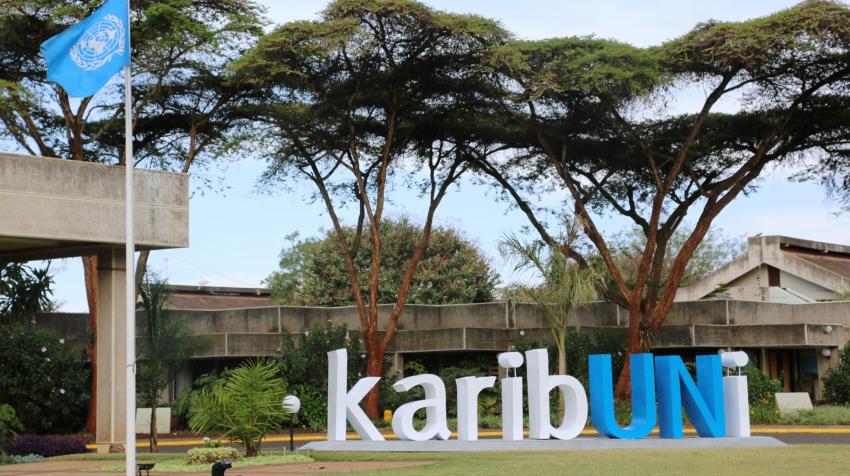
It is a hub for trade, investment, and international diplomacy in the region, attracting numerous international businesses and NGOs.
Nairobi’s rapidly growing tech scene, often referred to as “Silicon Savannah,” is putting it on the map as a center for innovation and entrepreneurship in Africa.
Both cities’ significant roles in their respective regions highlight the importance of understanding the unique dynamics of each when planning a relocation. This understanding aids in appreciating the diplomatic protocols, business environments, and cultural contexts essential for a smooth transition.
Diplomatic and Expatriate Community in Nairobi
Nairobi is home to a vibrant and diverse expatriate community, attracting people from all over the world, particularly diplomats, international NGO workers, and business professionals.
Expatriate Community Overview
Nairobi’s expatriate community is well-established, offering a supportive network for newcomers. Many expatriates live in neighbourhoods like Runda, Karen, and Gigiri, known for their security, amenities, and proximity to international schools and embassies.
Social clubs, such as the Nairobi Expatriate Association, offer networking opportunities and support for expatriates adjusting to life in Kenya.
Key Diplomatic Missions and International Organizations in Nairobi
Nairobi hosts numerous diplomatic missions, including embassies from the United States, United Kingdom, and Germany. These missions play a crucial role in fostering international relations and providing support to their nationals in Kenya.
International organizations, such as the United Nations Environment Programme (UNEP) and the UN Office at Nairobi (UNON), are headquartered here, making the city a hub for international diplomacy and environmental initiatives.
Importance of Connecting with Local Expatriate Groups
Joining local expatriate groups and social clubs can significantly ease the transition to life in Nairobi. These groups offer valuable resources, from practical relocation advice to social events, helping newcomers build a sense of community and belonging.
Networking with fellow expatriates provides opportunities to share experiences, get recommendations for services, and receive support in navigating the challenges of living abroad.
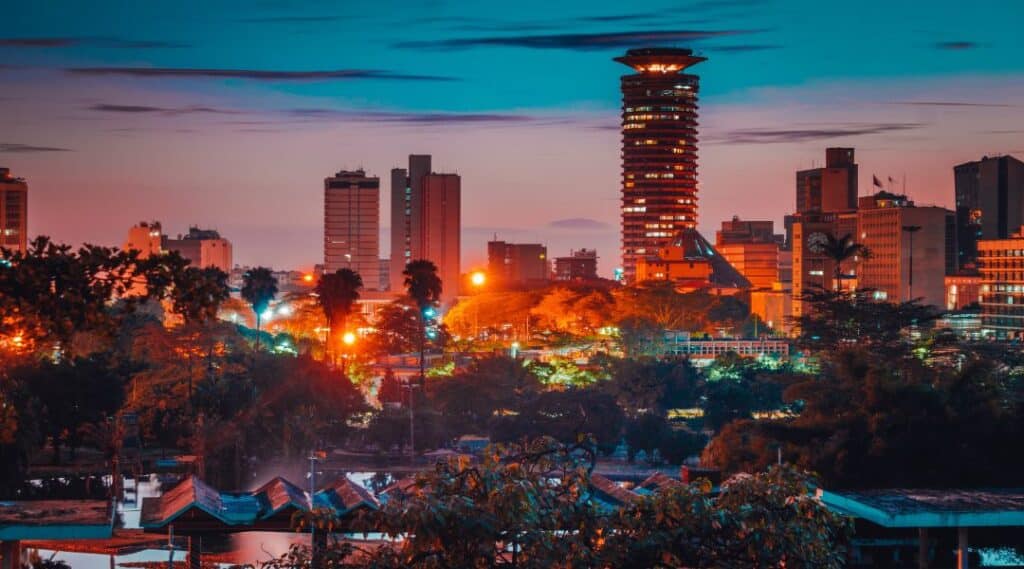
Relocating from New York to Nairobi
Moving from New York to Nairobi requires careful planning and preparation to ensure a smooth transition. Here are essential steps to prepare for an international move:
Selecting a Reliable International Moving Company
Choosing a reputable moving company with experience in international relocations is crucial. Look for companies that offer comprehensive services, including packing, shipping, customs clearance, and unpacking.
Nellions Moving & Relocations is an example of a company that specializes in international and diplomatic moves, providing tailored services to meet your specific needs.
Diplomatic Moving Services in New York
Specialized moving companies offer tailored services to meet the unique needs of diplomats, including handling delicate items, managing customs processes, and providing temporary storage solutions. Their expertise ensures that all aspects of the move are handled professionally and efficiently, minimizing stress and disruptions.
Steps to Prepare when Relocating from New York to Nairobi
-
Documentation
- Ensure all your travel documents are up to date, including passports, visas, and work permits.
- Gather important documents such as birth certificates, marriage certificates, and medical records. Keep copies of these documents in both physical and digital formats.
2. Packing
- Start the packing process early. Declutter and decide what to ship, sell, donate, or store.
- Label boxes clearly with contents and destination rooms to make unpacking easier. Your movers should help you take care of this step.
3. Shipping
- Coordinate with your moving company to arrange the shipping of your belongings. Ensure you understand the timeline and shipping methods available.
- Consider insurance for your shipped items to protect against loss or damage during transit.
4. Customs Clearance
- Familiarize yourself with Kenya’s customs regulations to avoid any issues with the importation of your goods.
- Prepare all necessary customs documentation, including detailed inventories, receipts, and any required permits.
5. Temporary Accommodation
- Arrange for temporary accommodation in Nairobi if your permanent residence is not ready upon arrival. Many expatriates opt for serviced apartments or short-term rentals during the transition period.
Customs Requirements and Documentation in Kenya
Understanding Kenya’s customs regulations and preparing the necessary documentation is essential for a smooth transition to Nairobi.
Goods can either be sent by sea through the port of Mombasa or by air to Nairobi, and customs clearance processes are normally smooth, thanks to KRA’s iCMS system used for customs clearance.
Overview of Kenya’s Customs Regulations
- Kenya’s customs regulations require detailed documentation for importing personal effects and vehicles to avoid delays and ensure compliance.
- Diplomats and expatriates often enjoy specific exemptions, but it’s crucial to adhere to the correct procedures.
Essential Documents Needed for Shipping Personal Effects and Vehicles in Kenya
Personal Effects
- Detailed packing list and inventory with values.
- Copies of your passport, visa, and work permit.
- Bill of Lading (BL) or Air Waybill (AWB).
- Kenya Revenue Authority (KRA) Personal Identification Number (PIN). You’ll need to apply for a KRA PIN to facilitate your goods’ customs clearance process.
Shipping Vehicles from USA to Kenya
 Kenya allows you to move into the country with your vehicle duty-free, as it is considered part of your personal belongings. However, Kenya being a right-hand-drive country, a person relocating from the United States should replace their vehicle with a similar RHD vehicle of similar price and engine capacity. The vehicle should be no more than 7 years old since the date of manufacture,
Kenya allows you to move into the country with your vehicle duty-free, as it is considered part of your personal belongings. However, Kenya being a right-hand-drive country, a person relocating from the United States should replace their vehicle with a similar RHD vehicle of similar price and engine capacity. The vehicle should be no more than 7 years old since the date of manufacture,
Additional requirements for relocating with your motor vehicle include:
- Original and copies of the vehicle registration certificate.
- Proof of ownership (e.g., commercial invoice, if the vehicle is new).
- Certificate of Roadworthiness from the country of origin.
- Interpol or police clearance report.
- Form PRO-1B for duty-free importation for diplomats.
Tips for a Smooth Customs Clearance Process in Kenya
- Work with an experienced international moving company familiar with Kenyan customs procedures.
- Ensure all documents are complete and accurate before shipping your goods.
- Consider hiring a customs broker to handle the clearance process on your behalf.
- Be aware of prohibited items and ensure none are included in your shipment.
- Be present in the country before your goods arrive in case a customs interview is required.
Considerations for Diplomatic Relocation in Kenya
- Diplomats must be accredited by Kenya’s Ministry of Foreign and Diaspora Affairs.
- Obtain a Courtesy Visa and ensure all necessary diplomatic documentation is in place.
- Diplomatic privileges often include duty-free importation of household goods and vehicles, but proper documentation is still required.
By meticulously preparing the necessary documents and understanding Kenya’s customs regulations, you can ensure a seamless transition to your new home in Nairobi.
Living in Kenya
Once you’ve navigated the logistics of moving, it’s time to settle into life in Nairobi. Here’s what you need to know about living in Kenya’s capital city:
Popular Neighborhoods for Expatriates and Diplomats in Nairobi
- Runda: Known for its spacious homes and secure environment, Runda is a favorite among expatriates and diplomats.
- Karen: This leafy suburb offers a tranquil setting with large properties and proximity to international schools.
- Gigiri: Home to many embassies and the United Nations office, Gigiri is popular for its secure residences and convenience to diplomatic missions.
LEARN MORE: 8 of the Best Neighbourhoods in Nairobi Preferred by Diplomats and Expatriates
Top International Schools in Nairobi
- International School of Kenya (ISK): Offers the International Baccalaureate (IB) and North American curricula, known for academic excellence and extracurricular programs.
- Braeburn Schools: Provides the British curriculum and has several campuses across Nairobi, catering to different age groups and offering a wide range of activities.
- Rosslyn Academy: An American curriculum school renowned for its strong academic programs and vibrant community.
LEARN MORE: 30+ of The Top International Schools In Kenya
Top Healthcare Facilities Available to Expatriates in Nairobi
- Aga Khan University Hospital: Offers comprehensive medical services with modern facilities and highly qualified staff.
- Nairobi Hospital: Known for specialized healthcare services and advanced medical technology.
- MP Shah Hospital: Provides excellent healthcare services and is well-regarded among the expatriate community.
Ensuring Health Insurance Coverage for International Care
- Verify that your health insurance covers international care, including services at major Nairobi hospitals.
- Consider obtaining additional coverage or an international health insurance plan to ensure access to top-tier healthcare facilities.
- Taxis and Ride-Hailing Services: Services like Uber and Bolt are widely used and reliable in Nairobi.
- Driving in Nairobi: If you plan to drive, obtain an international driving permit and familiarize yourself with local driving regulations and conditions.
Tips for Driving in Nairobi
- Nairobi’s traffic can be challenging; plan your routes and travel times to avoid peak hours.
- Ensure your vehicle is well-maintained and equipped with necessary safety features.
- Consider hiring a local driver if you’re unfamiliar with Nairobi’s roads and traffic patterns.
Cultural Adaptation and Lifestyle
Embracing the culture and lifestyle in Nairobi is key to a smooth transition and a fulfilling experience in your new home.
Embracing Kenyan Culture
- Language: While English and Swahili are the official languages, learning a few basic phrases in Swahili can enhance your daily interactions and show respect for the local culture.
- Customs and Social Norms: Kenyans value hospitality and politeness. Greeting people with a handshake and taking time to engage in small talk is important. Be aware of local customs and practices, such as removing shoes before entering someone’s home.
- Cultural Events and Festivals: Participate in local festivals and events to immerse yourself in Kenyan culture. Events like the Nairobi Restaurant Week and the Kenya National Music Festival offer a glimpse into the country’s rich cultural heritage.
Engaging with Local Communities
- Join local clubs and organizations to meet new people and build a social network. The Nairobi Expatriate Association and various social clubs offer opportunities to connect with both expatriates and locals.
- Volunteering with local NGOs and community projects can provide a deeper understanding of Kenyan society and create meaningful connections.
Overview of Nairobi’s Social Scene
- Dining: Nairobi offers a diverse culinary scene, with restaurants serving everything from traditional Kenyan dishes to international cuisine. Popular dining spots include Carnivore, known for its meat dishes, and Talisman, which offers a blend of African, Asian, and European flavors.
- Entertainment: The city has a vibrant nightlife with numerous bars, clubs, and live music venues. Westlands and Kilimani are popular areas for nightlife.
- Leisure Activities: Enjoy Nairobi’s parks, such as Karura Forest and the Nairobi Arboretum, for outdoor activities. The city also has several shopping malls, cinemas, and theaters for leisure and entertainment.
Legal and Administrative Support
Navigating the legal and administrative landscape in Nairobi is crucial for a smooth relocation. Here are some key aspects to consider:
Importance of Maintaining Contact with Your Embassy or Consulate
- Your embassy or consulate can provide vital support, including assistance with legal issues, emergency services, and information on local regulations.
- Register with your embassy upon arrival to receive important updates and support during your stay.
Legal Rights and Responsibilities of Diplomats in Kenya
- Diplomats enjoy specific privileges and immunities under the Vienna Convention on Diplomatic Relations. These include exemption from certain taxes and duties, and immunity from legal prosecution.
- Ensure you understand your rights and responsibilities as a diplomat to avoid any legal complications.
Legal Rights and Responsibilities of Expatriates in Kenya
- Expatriates must comply with local laws and regulations. Familiarize yourself with Kenyan labor laws, housing regulations, and other legal requirements.
- Obtain the necessary visas and work permits to reside and work legally in Kenya.
- Visas and Work Permits: Apply for the appropriate visa and work permit through the Kenyan immigration authorities. Your employer or sponsoring organization can assist with this process.
- Registration: Register with local authorities if required, and ensure all your documentation is in order, including your passport, visa, work permit, and any other relevant papers.
- Tax Compliance: Understand your tax obligations in Kenya. If you are a diplomat, ensure you are aware of any exemptions you may be entitled to.
By staying informed about legal and administrative requirements and maintaining contact with your embassy or consulate, you can navigate the complexities of living in Nairobi with confidence and ease.
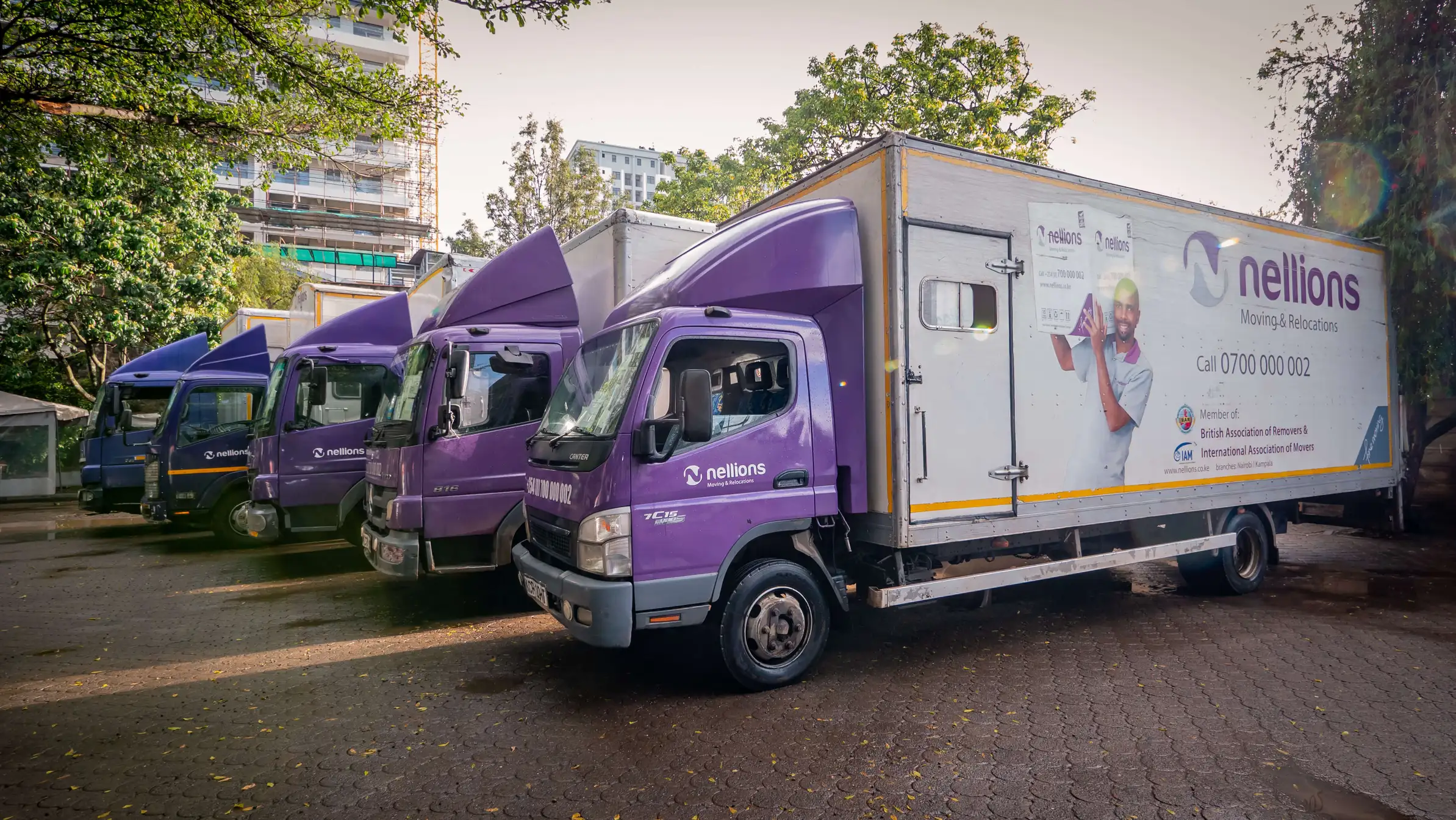
Conclusion
Relocating from New York to Nairobi involves careful planning and consideration, especially for diplomats and expatriates. Understanding the customs requirements, preparing for cultural adaptation, navigating legal and administrative processes, and engaging with the local community are crucial steps to ensure a smooth transition.
With its rich cultural heritage, vibrant expatriate community, and diverse educational opportunities, Nairobi offers a welcoming environment for new residents. By leveraging professional services and community resources, you can make the most of your time in Kenya, creating memorable experiences and achieving a successful relocation.
For personalized assistance with your move to Nairobi, contact Nellions Moving & Relocations today. Our expertise in international and diplomatic relocations ensures a seamless and stress-free experience for you and your family.





